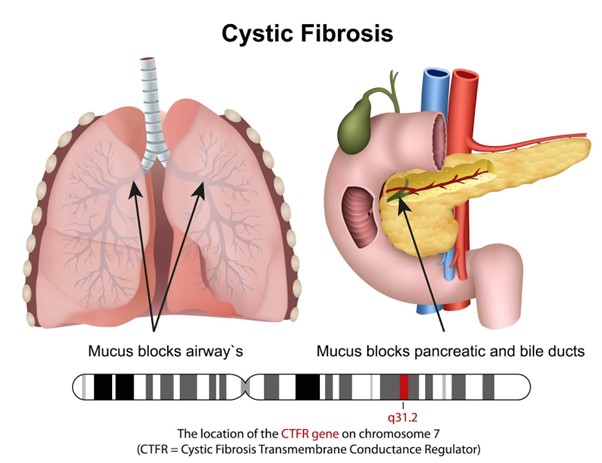A hospice nurse is visiting with the son of a client who has terminal cancer.
The son reports sleeping very little during the past week due to caring for his mother.
Which of the following responses should the nurse make?
I can give you information about respite care if you are interested
You should consider taking a sleeping pill before bed each night
I am sure you’re doing a great job taking care of your mother
It is always difficult caring for someone who is terminally ill
The Correct Answer is A
The correct answer is choice A. “I can give you information about respite care if you are interested.” Respite care is a service that provides short-term inpatient care for terminally-ill patients at a professional care facility, such as a hospital, hospice inpatient care facility, or nursing home. It is meant to relieve caregiver stress and offer them rest and time away from caregiving duties. Respite care is covered by Medicare for up to five consecutive days and no more than one respite period in a single billing period.
The nurse should offer this option to the son who is experiencing sleep deprivation due to caring for his mother.
Choice B is wrong because it suggests that the son should rely on medication to cope with his situation, which may not be appropriate or effective.
Sleeping pills may have side effects or interactions with other drugs, and they do not address the underlying cause of the son’s stress and fatigue.
Choice C is wrong because it does not acknowledge the son’s need for support or assistance.
It may sound like an empty compliment or a dismissal of the son’s concerns.
The nurse should express empathy and compassion, but also provide information and resources that can help the son.
Choice D is wrong because it does not offer any solution or guidance to the son.
It may also sound like a cliché or a generalization that does not reflect the son’s unique experience.
The nurse should avoid making assumptions or judgments about the son’s feelings or situation, and instead focus on his needs and preferences.
Nursing Test Bank
Naxlex Comprehensive Predictor Exams
Related Questions
Correct Answer is A
Explanation
The correct answer is A. Beneficence. Beneficence is the ethical principle of doing good for the patient and promoting their well-being.
The nurse is demonstrating beneficence by sitting with the client to provide comfort and support during a difficult time.
Choice B is wrong because fidelity is the ethical principle of keeping promises to the patient and being loyal and faithful.
The nurse is not making or keeping any promises to the client in this scenario.
Choice C is wrong because autonomy is the ethical principle of respecting the patient’s right to make their own decisions and choices.
The nurse is not interfering with the client’s autonomy in this scenario.
Choice D is wrong because veracity is the ethical principle of telling the truth to the patient and being honest and trustworthy.
The nurse is not lying or withholding information from the client in this scenario.
Correct Answer is B
Explanation
The correct answer is B.
Choice A reason: Completing oral hygiene is important for overall health, especially for individuals with cystic fibrosis, as they are at a higher risk for dental problems due to thick mucus that can harbor bacteria. However, oral hygiene does not have a direct impact on the effectiveness of postural drainage. Postural drainage is a technique used to clear mucus from the lungs, and while maintaining oral hygiene is beneficial, it is not a prerequisite for this procedure.
Choice B reason: Using a bronchodilator, such as an ibuterol inhaler, is recommended before postural drainage because it helps to open the airways, making the procedure more effective. Bronchodilators work by relaxing the muscles around the airways, which can become constricted in conditions like cystic fibrosis. This relaxation allows for easier clearance of mucus during postural drainage.
Choice C reason: Pancrelipase is an enzyme supplement used to aid digestion in patients with cystic fibrosis, who often have pancreatic insufficiency. While taking pancrelipase is crucial for nutrient absorption, it is not specifically related to the respiratory treatment of postural drainage. Therefore, it is not necessary to take pancrelipase immediately before this procedure.
Choice D reason: Eating a meal before postural drainage is not recommended. The procedure involves placing the body in positions that facilitate the drainage of mucus from the lungs due to gravity. Having a full stomach can cause discomfort, increase the risk of vomiting, and may hinder the effectiveness of the drainage. It is best to perform postural drainage when the stomach is empty, either before meals or at least 1.5 hours after eating.

Whether you are a student looking to ace your exams or a practicing nurse seeking to enhance your expertise , our nursing education contents will empower you with the confidence and competence to make a difference in the lives of patients and become a respected leader in the healthcare field.
Visit Naxlex, invest in your future and unlock endless possibilities with our unparalleled nursing education contents today
Report Wrong Answer on the Current Question
Do you disagree with the answer? If yes, what is your expected answer? Explain.
Kindly be descriptive with the issue you are facing.
